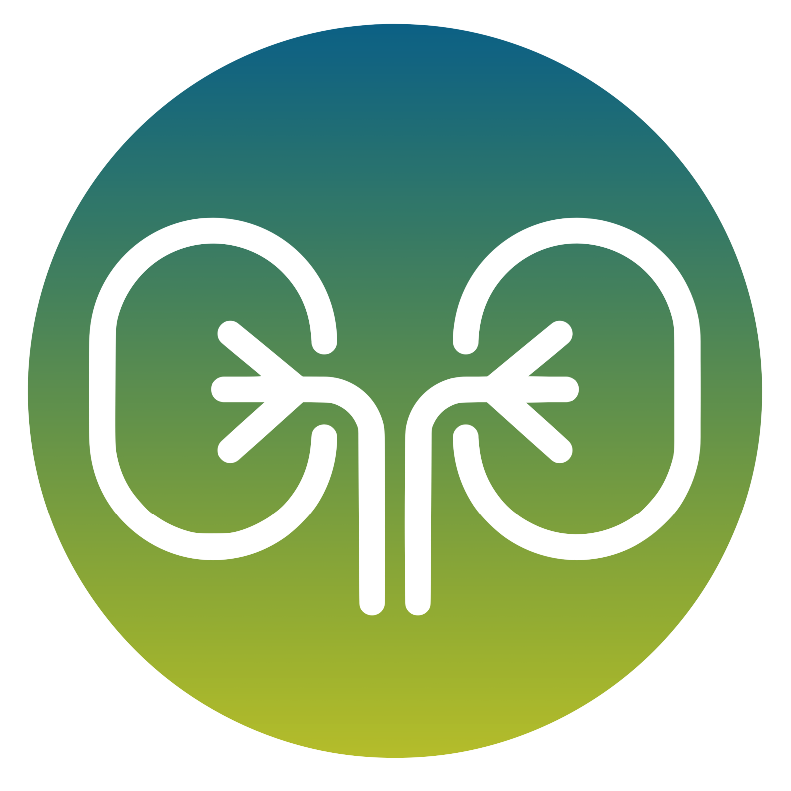CAKUT (Congenital Abnormalities of the Kidney and Urinary Tract) Code R-162
- Description
- Number Genes
- Prevalence
- Indications and clinical utility
- Test performed and limitations
- Other Specialities
Method: NGS sequencing, determination of SNVs (Single Nucleotide Variants), small insertions and deletions and CNVs (Copy Number Variants).
Limits: The test is unable to determine the presence of underrepresented somatic events, balanced chromosomal rearrangements, nucleotide expansion events of repeat regions, CNVs <3 contiguous exons. <3 esoni contigui.
Some genes may have low coverage areas, where necessary or upon specific request, within the limits of methodological limitations, sequencing can be completed with alternative methods (Sanger). Some genes may be duplicated in the genome (pseudogenes), which may invalidate the analysis.














